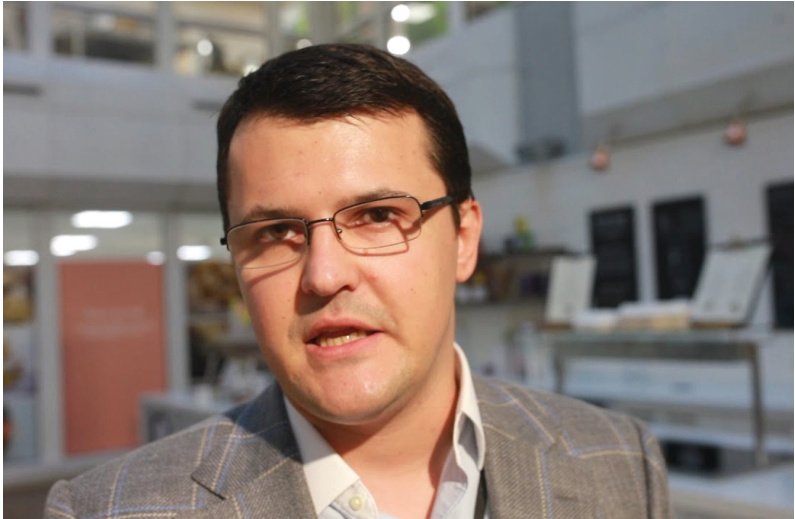Acquired Geodetski zavod Slovenije, Zenit in Macedonia and Norwegian Procaptura thus expecting consolidation of its operations as a marking point of the following period. On the other hand, the highest drop was recorded by Koestlin from Bjelovar, which ended the year ranked 338th with a 67% productivity drop, a 45% income fall and a 98% profit decrease. Domestic confectionery companies felt the price increase of raw material in 2008, a trend which will continue in 2009. A 60% increase of sugar prices on the world market alone will definitely leave even deeper mark in the financial reports than in 2008.
The city of Zagreb is a leader among counties. The drop of productivity and income has ranked Tvornica duhana Rovinj 338th despite better light cast on this company by five-year trends. Viro sugar company Virovitica, which took over Sladorana from Županja this year, was engaged in factory reconstruction and large investment activities in 2008 thus recording a 97% lower profit due to a smaller quantity of processed sugar.
In terms of business sectors, the best according to value added is a corporate banking sector with €1.38 billion i.e. a 13.1% share in the value of all 54 sectors. Business banks hold the leading position in the sector rankings according to profit as well (€807 million). 27 of them employ 19,733 people.
Banks recorded record braking profitability and extremely high profit rates in 2008 primarily due to restructuring of their balance sheets – this is the conclusion of the Croatian National Bank in its Bulletin. Total assets of the banking sector amounted to HRK 354.9 billion, which is 129% more than the GDP value. Assets of the two largest banks, Zagrebačka and Privredna banka Zagreb represent 41.2% of the above figure. Despite global crisis which began in the financial sector, domestic banks managed to record their high profit growth through asset restructuring and loan pricing increase paralellly improving ratings of loan collectability. According to interim unaudited data by the Croatian National Bank, domestic banks recorded profit before taxes in the amount of HRK 5.8 billion, which is a 13.8% increase compared to 2007 profits. Ranked second is the sector of telecommunications, which seven companies created €900 million in value added, holding the second position in terms of profit as well. Then follow construction, retail and other wholesales, food production, oil, oil derivatives and gas, and energy sector. Most companies are from the construction sector, which is also the sector with a highest number of employees (34,711).
The most productive sector is financial intermediation with 18 companies. Highest exporters are food and production (€488.8 million). Export-oriented economy is well depicted by the sixth rank held by this sector in total. Highest income is recorded in wholesale (€5.25 billion), which is an 11% share in the total income of all sectors. On average, every company in Croatia engaged in wholesale records annual income in the amount of €49.5 million. In terms of the counties, best results were recorded by the city of Zagreb with 474 enterprises and a 66.2% share in the total value added (€6.6 billion) and an income in the amount of €29.4 billion. As much as 66.9% of profit was recorded in Zagreb. Companies registered in this area exported 43.6% of all their goods and services. Each company operating in Zagreb has recorded an average income of €61.9 billion and €6 million in profits. Apart from being the biggest exporter, the city of Zagreb has also recorded the highest profit (€2.8 billion), employs more than half of totally employed workers in best 500 companies (176,794).




